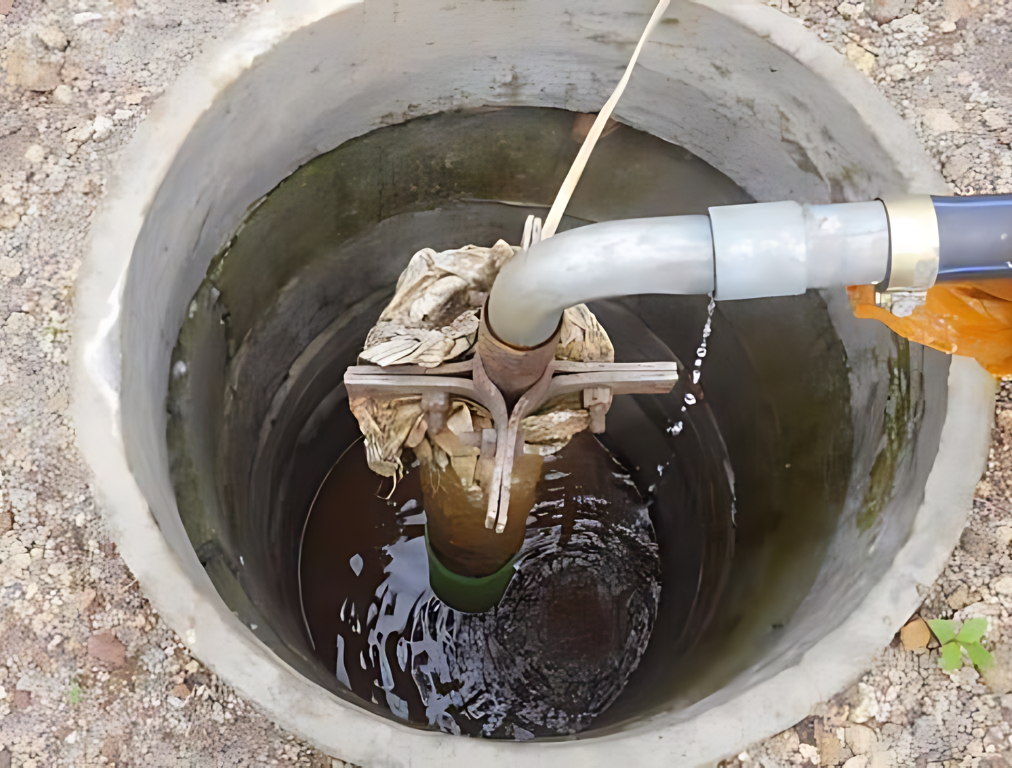Borewell Survey & Maintenance in Mumbai
Introduction to Borewells in Mumbai
Mumbai, a bustling metropolis, faces significant challenges when it comes to water supply. Borewell Survey & Maintenance in Mumbai. Borewells serve as a lifeline for many residents, providing a reliable source of groundwater. However, like any infrastructure, they require regular surveys and maintenance to function efficiently. But why exactly are borewells so crucial, and what goes into their upkeep?
Why Are Borewells Important in Mumbai?
Mumbai’s water demand far exceeds the supply from municipal sources, making borewells an essential alternative. Borewells tap into the groundwater reserves, providing water for domestic, agricultural, and industrial use. Given the city’s rapid urbanization and population growth, the dependence on borewells has increased significantly. Borewell Survey & Maintenance in Mumbai.
Understanding Borewell Surveys
Before drilling a borewell, a thorough survey is essential. A borewell survey helps in identifying the best location to drill, ensuring the highest chance of striking a reliable water source. It involves a combination of geological assessments and modern technology to map out groundwater reserves. Borewell Survey & Maintenance in Mumbai
Steps in Conducting a Borewell Survey
- Preliminary Research: Understanding the area’s geography and past borewell success rates.
- Geophysical Survey: Using tools like electrical resistivity meters to map underground water.
- Site Selection: Choosing a location based on survey data and accessibility.
- Depth Estimation: Determining the depth needed to reach a sustainable water source.
- Regulatory Approvals: Ensuring compliance with local regulations and obtaining necessary permissions.
Technology Used in Borewell Surveys
Modern borewell surveys employ advanced technology to increase accuracy and efficiency. Tools like resistivity meters, ground-penetrating radars, and satellite imagery are commonly used. These technologies help in creating a detailed map of underground water reserves, making it easier to pinpoint the best drilling sites.
Common Issues Identified During Surveys
- Dry Wells: Areas where groundwater is insufficient.
- Contaminated Sources: Identifying regions with poor water quality.
- Obstructions: Detecting rocks or other barriers that could impede drilling.
- Depth Variations: Estimating inconsistent water table depths.
The Importance of Borewell Maintenance
Regular maintenance of borewells ensures their longevity and efficiency. Over time, borewells can become clogged with silt, debris, or mineral deposits, reducing water flow. Without proper maintenance, these issues can lead to complete borewell failure, resulting in costly repairs or the need to drill a new well.
Routine Borewell Maintenance Tasks
- Cleaning and Desilting: Removing accumulated debris and silt.
- Pump Inspection: Checking the borewell pump for wear and tear.
- Water Quality Testing: Ensuring the water remains safe for consumption.
- Structural Inspection: Examining the borewell casing and lining for damage.
Cost of Borewell Maintenance
The cost of borewell maintenance can vary based on several factors, including the depth of the well, the extent of the repairs needed, and the service provider. On average, routine maintenance can range from a few thousand to several tens of thousands of rupees. It’s important to get multiple quotes and ensure transparency in pricing.
Environmental Impact of Borewells
Borewells, while beneficial, can have environmental impacts if not managed properly. Over-extraction can lead to groundwater depletion, affecting the water table and surrounding ecosystems. It’s crucial to balance borewell use with sustainable water management practices.
Frequently Asked Questions
1. How often should a borewell be surveyed?
Borewells should be surveyed every 2-3 years to ensure they remain in good condition and to assess any changes in groundwater levels.
2. What are the common signs of borewell contamination?
Common signs include discoloration of water, foul odor, and unusual taste. Regular water testing can help identify contamination early.
3. Can I perform borewell maintenance myself?
While basic maintenance like cleaning and visual inspections can be done by homeowners, more complex tasks should be handled by professionals.
4. What is the average lifespan of a borewell?
With proper maintenance, a borewell can last 20-30 years or more. Regular upkeep is key to extending its lifespan.
Conclusion
Borewells are a vital resource for Mumbai’s residents, providing a reliable source of groundwater amidst growing water scarcity. Proper survey and maintenance are essential to ensure these wells function effectively and sustainably. By understanding the importance of borewell surveys, the technology involved, and the steps needed for regular maintenance, residents can ensure a consistent water supply while minimizing environmental impact.

